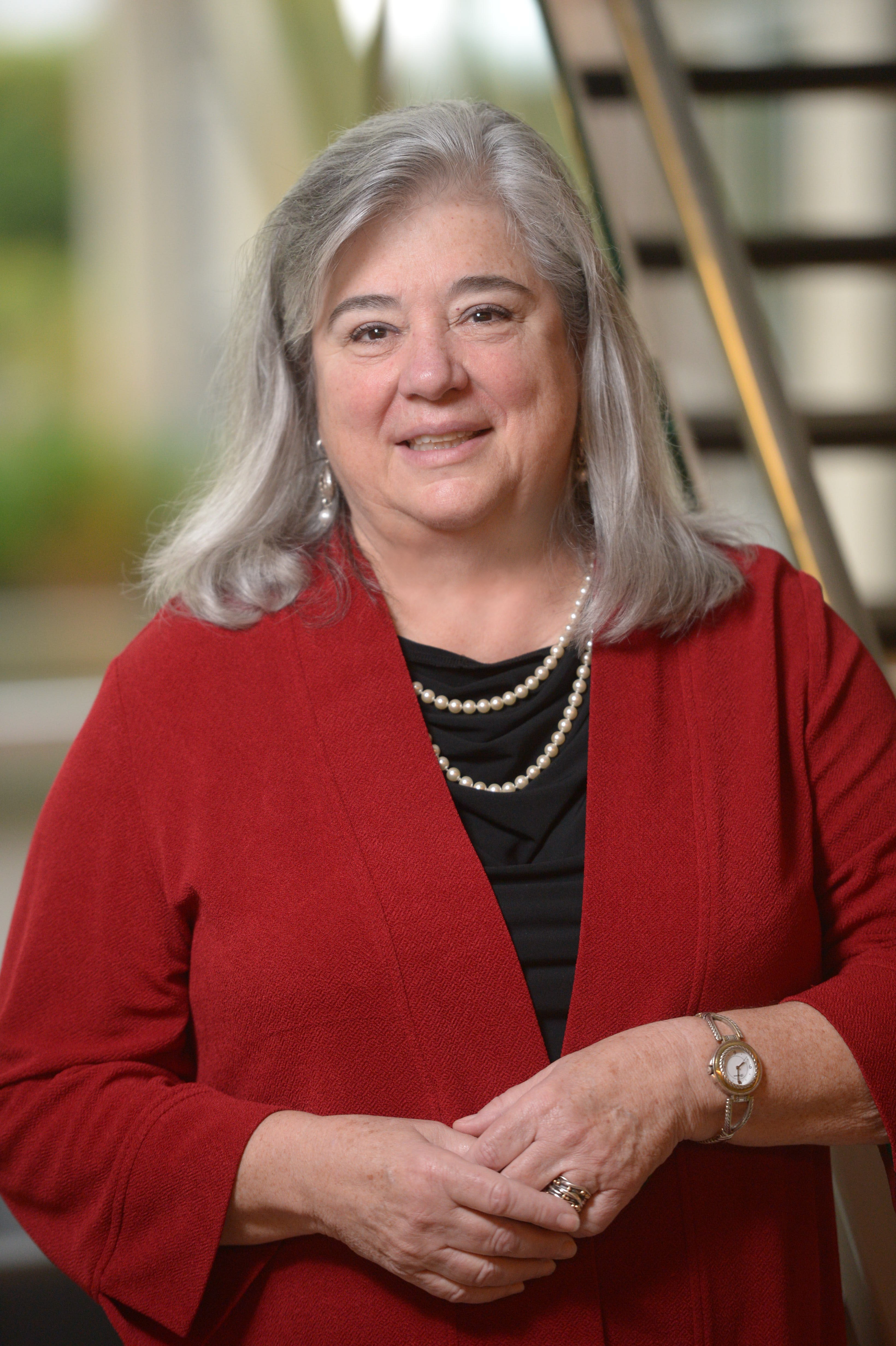Leadership Is the Foundational Competency for Oncology Nursing in 2029
In 2019, an ONS project team worked with Bridgeable, a service design consultant group, to prepare a 10-year view to guide our strategic priorities. As reported to ONS members (https://voice.ons.org/news-and-views/strategic-plan-outlines-the-what-why-and-how-for-ons-in-2020-2022), the project identified several possible futures of oncology nursing in 2029 and how ONS could ensure oncology nursing excellence and quality cancer care in all of those futures.

It included core competencies that nurses would need and identified variables that would affect cancer care:
- Technology and artificial intelligence
- Where care is delivered
- Who delivers care
- Systems connectivity (e.g., electronic health records)
Each variable was linked to competencies of increasing or decreasing relevance and examples of signals for developing trends. Foresight is critical to ONS continuing its mission and goals and in quickly pivoting as external circumstances change.
The pandemic has accelerated change and shown increasing examples of the signals presented in the report. The ONS Board of Directors and staff have discussed that the four future variables are affecting cancer care now. For public health safety, care that could become virtual did. Oncology nurses and oncology nurse navigators assessed, counseled, educated, and coordinated care through virtual visits. We heard from members that treatments were changed from infusions to oral agents when possible. More treatment infusions were moved into the home setting, supported by both payers and the home infusion sector. The likelihood is that once the pandemic ends, those approaches to care will continue. ONS staff developed educational resources for members and other nurses to guide cancer care with that in mind.
Bridgeable recently revisited the 2019 report and found that of the 11 core competencies, 6 have become even more applicable in the wake of the pandemic. Leadership is the foundational competency to all of the others.
In my career, I have always maintained that every nurse is a leader and in 2020, the World Health Organization’s Year of the Nurse and Midwife, we saw many examples of that. From the bedside to the boardroom, nurses globally found solutions to the many challenges the pandemic brought. Nurses, not only physicians, were key spokespeople to the media during the pandemic. Nurses showed the country the importance of participating in clinical trials. American Nurses Association President Ernest Grant, RN, PhD, FAAN, was enrolled in one because “if the vaccine is approved, people of color will be more inclined to try it if they know people who look like them participated safely in the trial (https://globalhealth.unc.edu/2020/10/someone-who-looks-like-you).” This could be a signal for increasing diversity in clinical trials.
ONS is keeping its view on 2029 and watching for signals that predict a changing landscape. Today’s pandemic will not be the last event that accelerates change. We will continue to build the evidence-
based resources that ONS members and other nurses need for their practice and to pivot our efforts as needed. We will carry forward the lessons we’ve learned in 2020 to 2029 and beyond.
